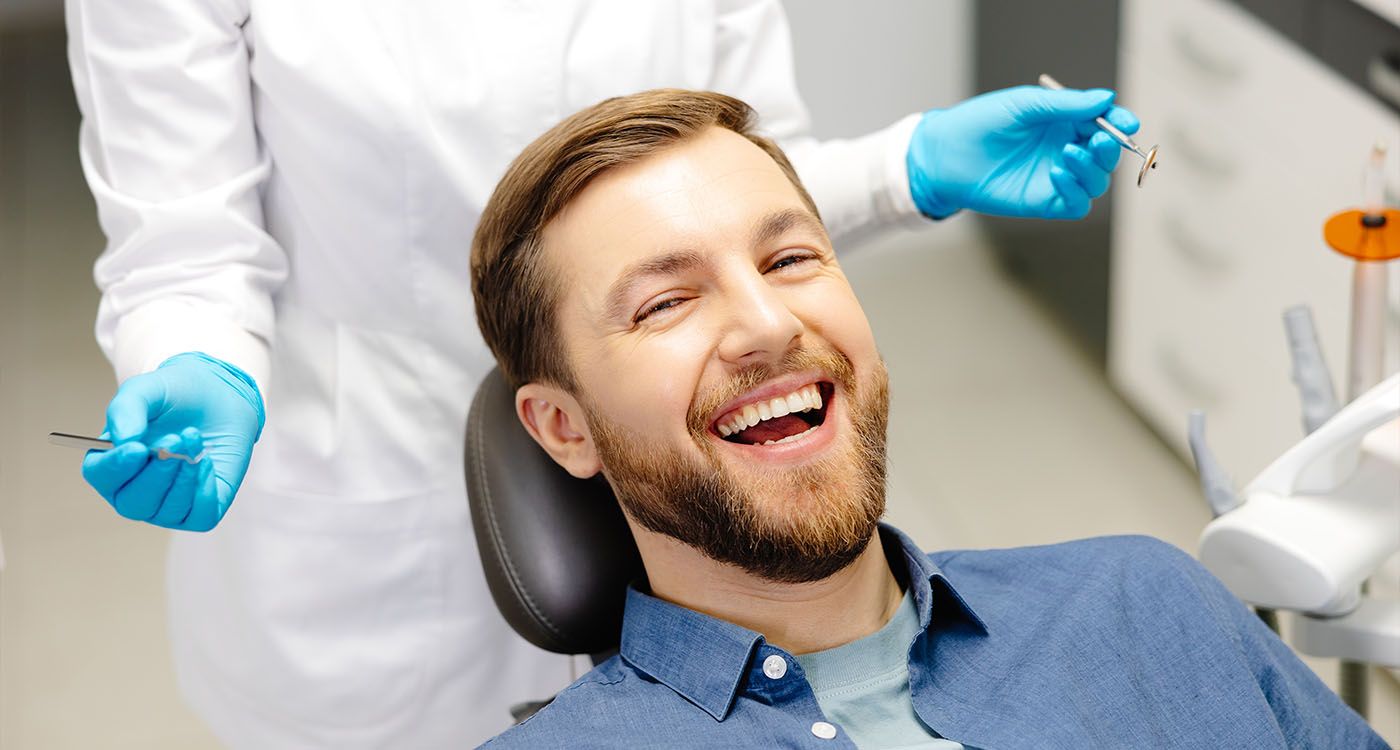
Researchers are developing vaccines designed to prevent cavities by directly targeting the responsible bacteria. Clinical trials, plant extracts, probiotics… dental medicine is entering a new era of biotechnology and tissue regeneration.
What if, in the near future, simply applying a product to your teeth could protect you from cavities? A scenario that once seemed like science fiction is becoming increasingly plausible as research advances. For years, scientists have been working on a vaccine against dental cavities, the world’s most common chronic infectious disease. Now, several international teams are announcing a decisive breakthrough.
By targeting Streptococcus mutans, the primary culprit behind plaque formation and enamel erosion, researchers hope to stop the problem at its root. One of the most promising innovations is a “paint-on” dental vaccine, developed from genetically modified tobacco plants. Created by Planet Biotechnology in collaboration with British researchers, this oral vaccine uses a plant extract that triggers a local immune response: antibodies produced in saliva neutralize S. mutans before it can settle.
The vaccine is not yet commercially available, but human trials have shown encouraging results. According to APM News, just a few applications could provide up to four months of protection. This non-invasive, needle-free method offers particular promise for children and the elderly, who are more vulnerable to tooth decay.
Modified Bacteria, Regenerating Peptides and Nasal Sprays
Innovation does not stop there. Another bold approach involves replacing S. mutans with a genetically modified, non-acid-producing strain known as BCS3-L1. This “friendly” bacterium colonizes the mouth and prevents harmful strains from taking hold, similar to how gut microbiota protect the digestive system.
The US-based start-up Lumina Probiotic has already launched a cosmetic kit using this strain in toothpaste form. Though its effectiveness is still under evaluation, the concept represents a preventive strategy based on microbial substitution rather than simply destroying pathogens.
Meanwhile, Chinese and Portuguese researchers are testing an intranasal cavity vaccine designed to trigger mucosal immunity against S. mutans and S. sobrinus. Early preclinical trials show an efficacy rate of 50 to 64% in mice. Still experimental, this method has drawn interest for its potential to induce a systemic immune response without injections.
Another rapidly developing field focuses on enamel regeneration using biomimetic peptides. Scientists at Leeds University, working with the Swiss company Credentis, developed a molecule called P11-4 that penetrates enamel microcracks and activates natural remineralization. Marketed as Curodont Repair, this treatment is already used by some dentists and could become a less invasive alternative to early cavity treatments.
Caution Is Key
These innovations, combined, may soon transform traditional dental care, still largely based on fluoride, brushing and routine checkups. “We are witnessing a paradigm shift,” says a dental biotechnology researcher who requested anonymity. “The goal is no longer just to repair the damage but to stop cavities from developing and even regenerate damaged tissues.”
For now, caution is key as none of these vaccines or treatments have been approved for standard preventive use. Clinical trials are still underway, large-scale safety and efficacy protocols need to be validated and long-term side effects remain unknown.
Still, one thing is certain: the fight against cavities is entering a new era, where dental medicine might shift from simply treating to actively preventing and strengthening. This is a welcome change for the 2.4 billion people affected each year by this often-overlooked condition and a potential relief for health systems spending billions on restorative dental care.

Comments